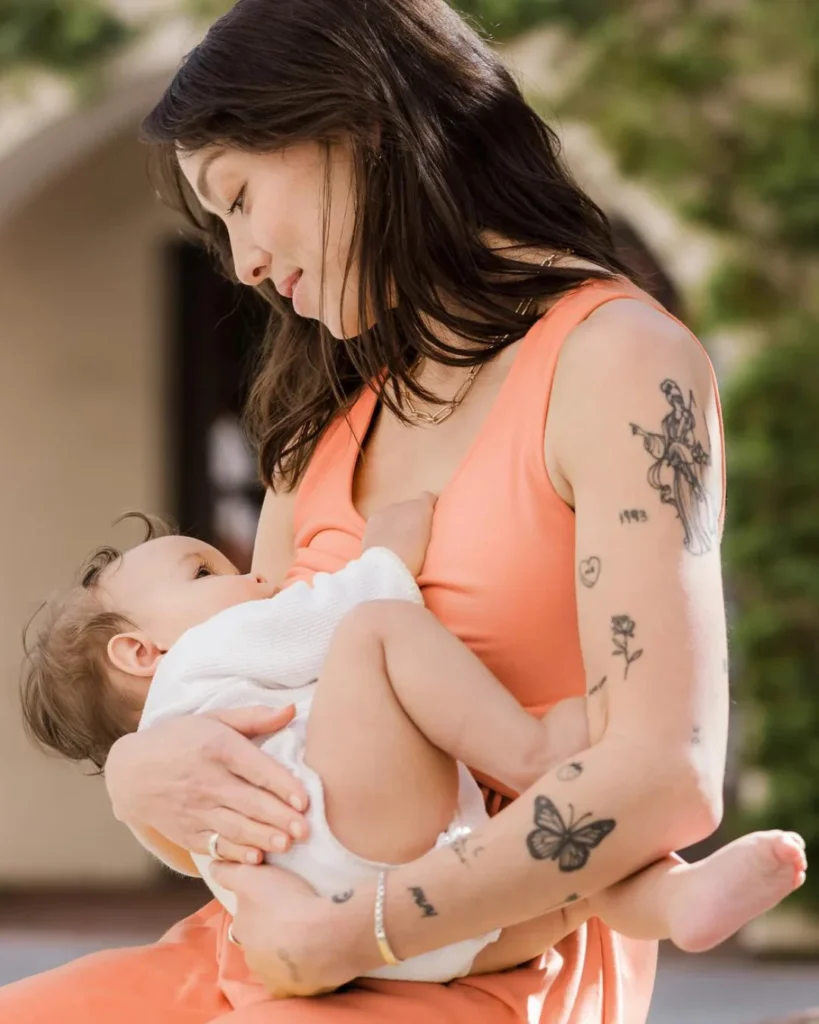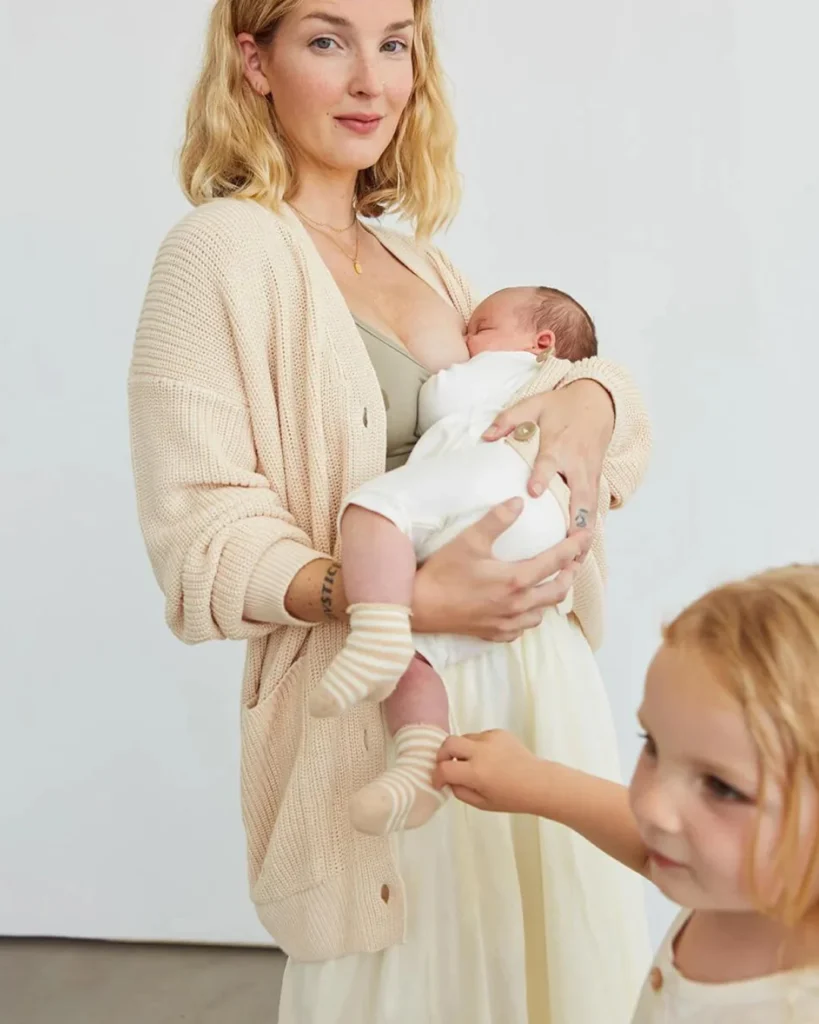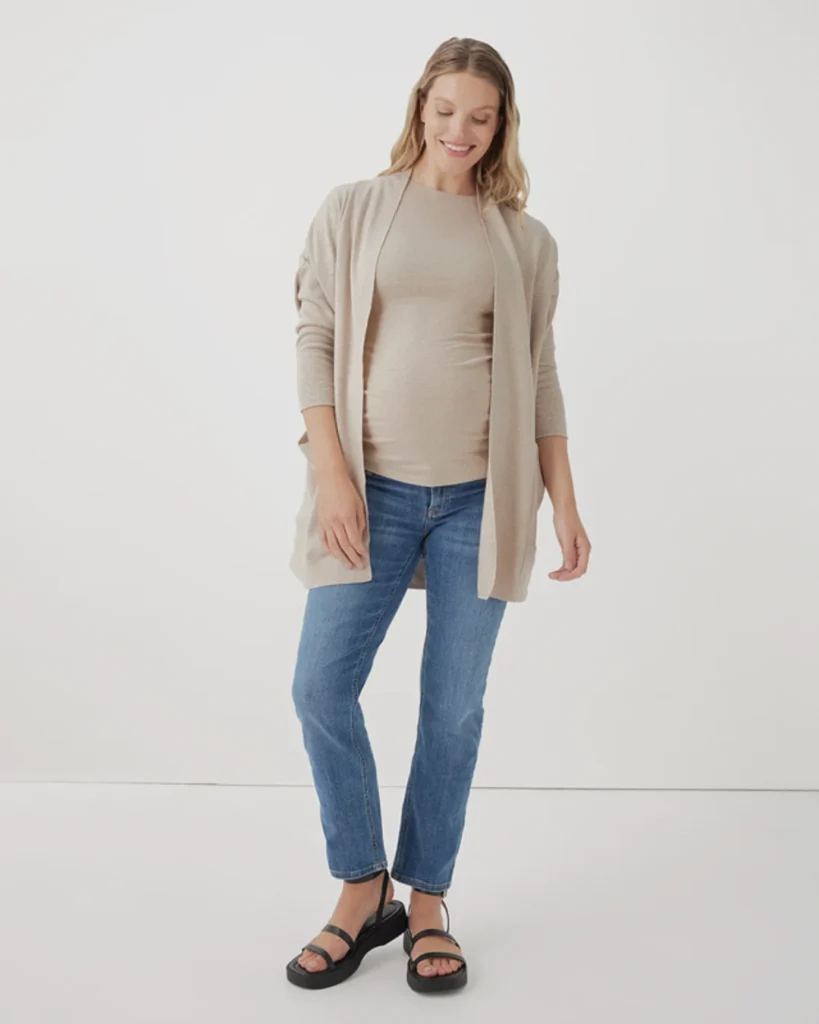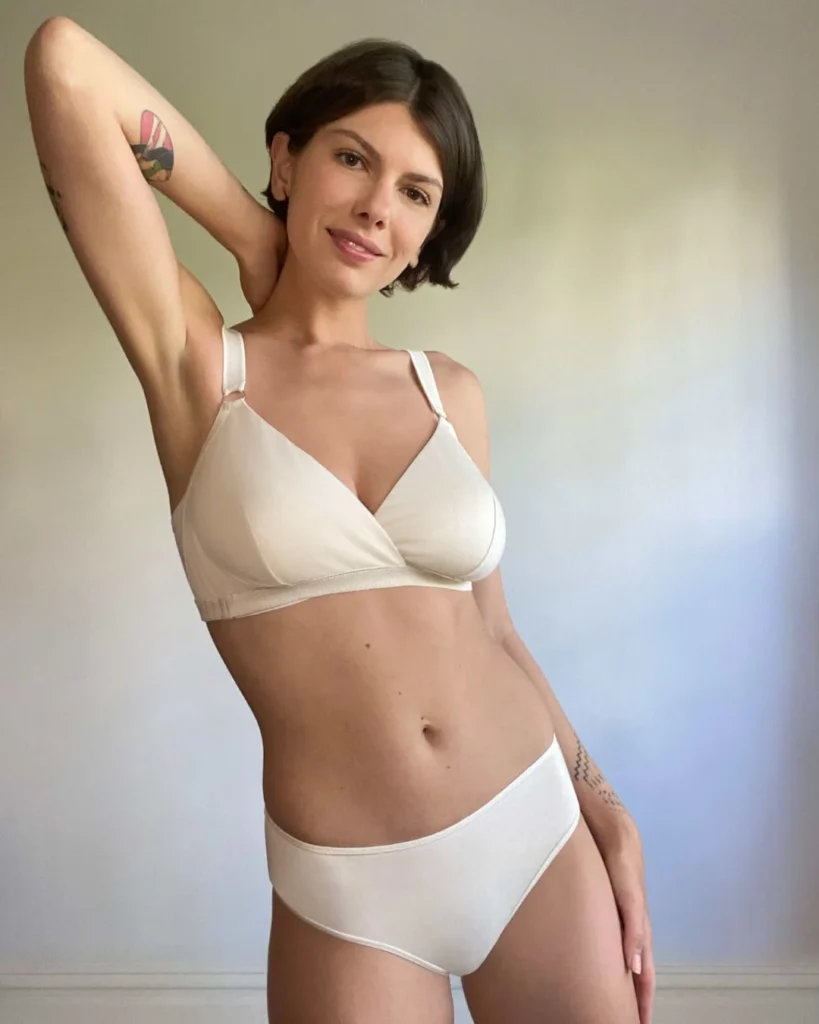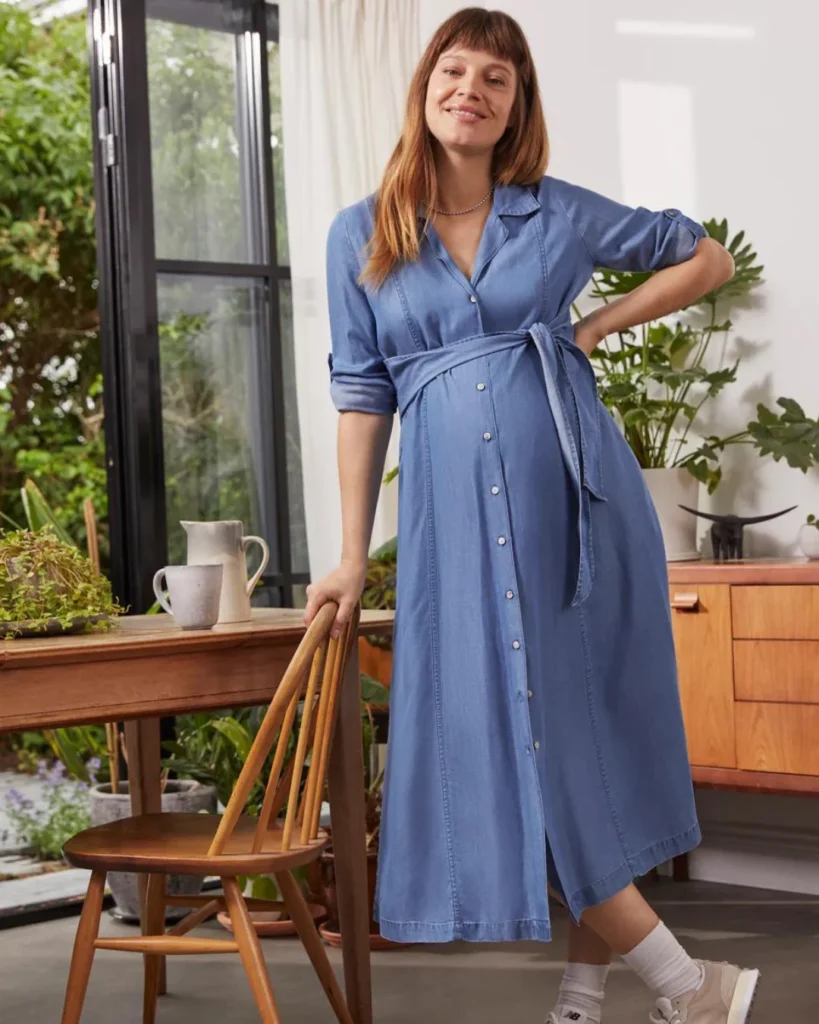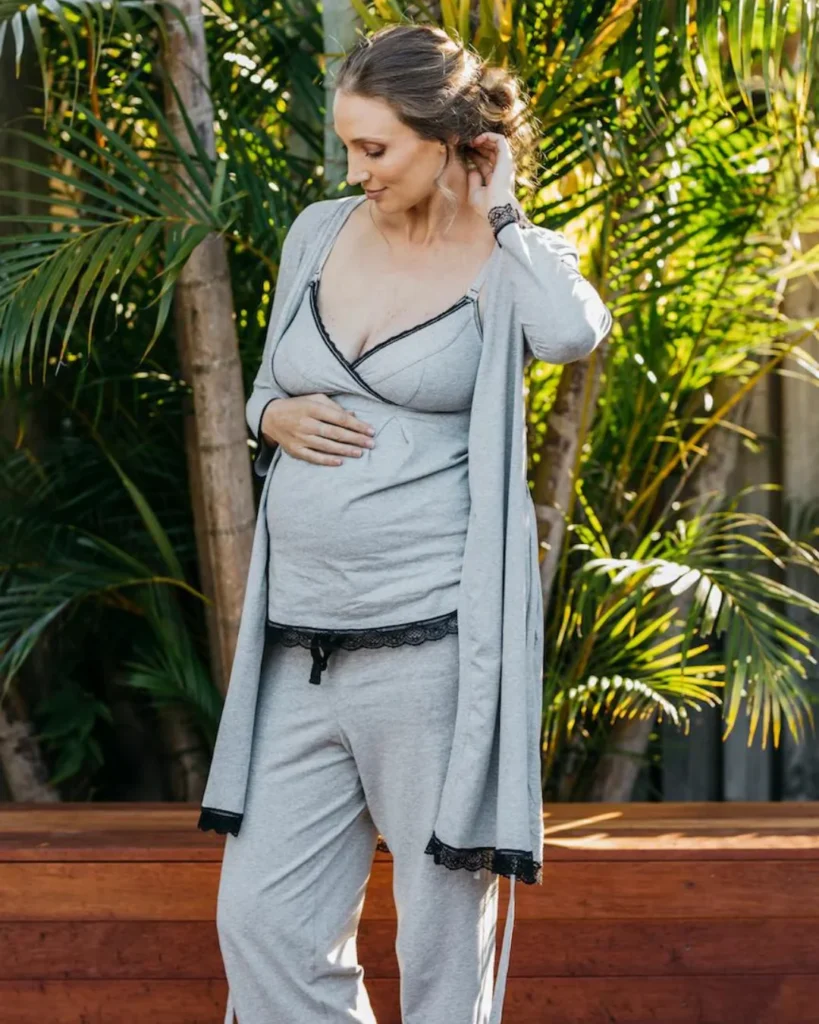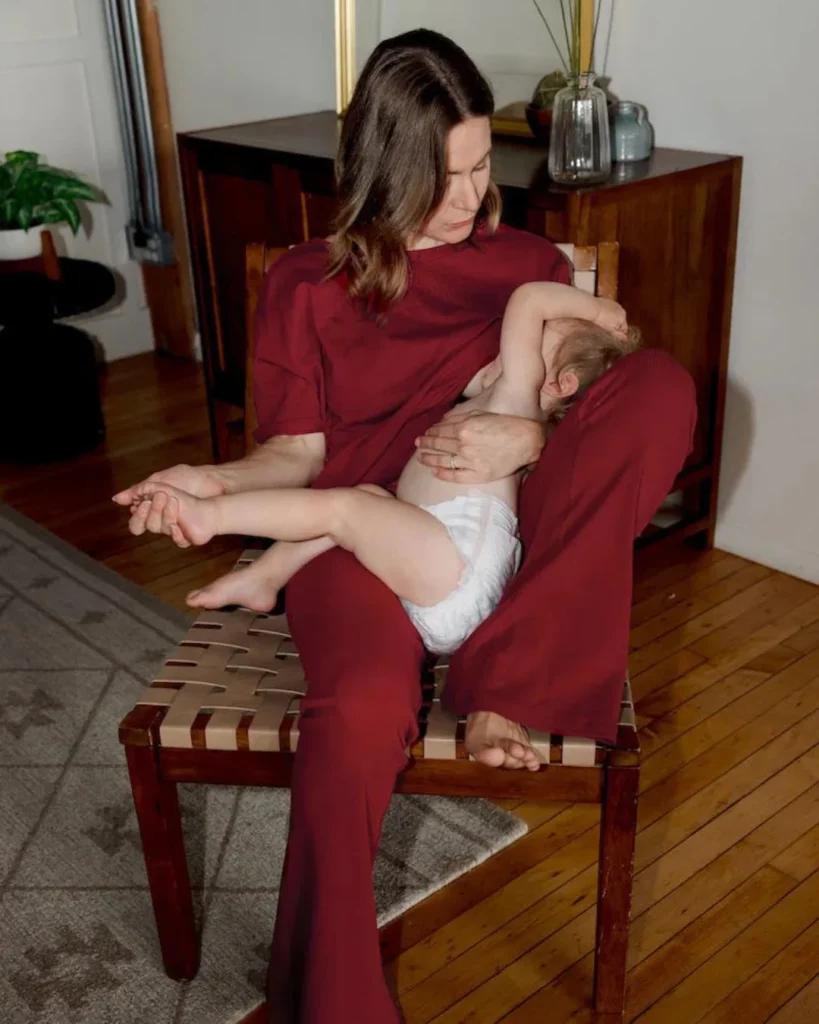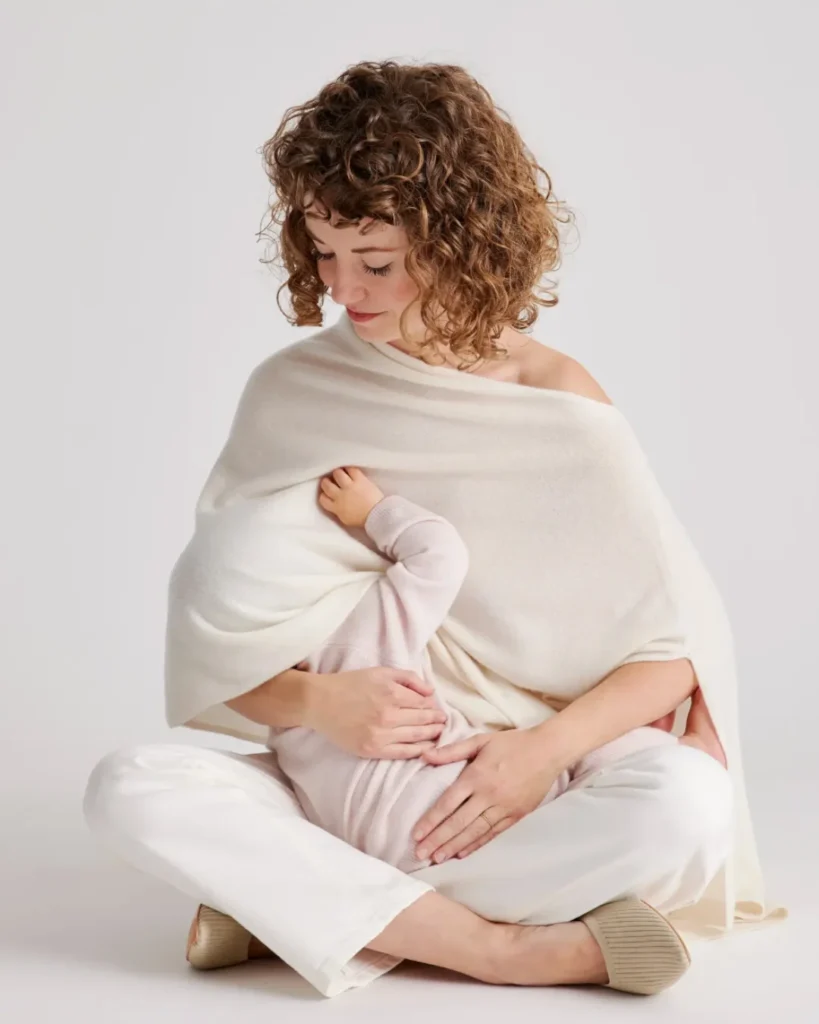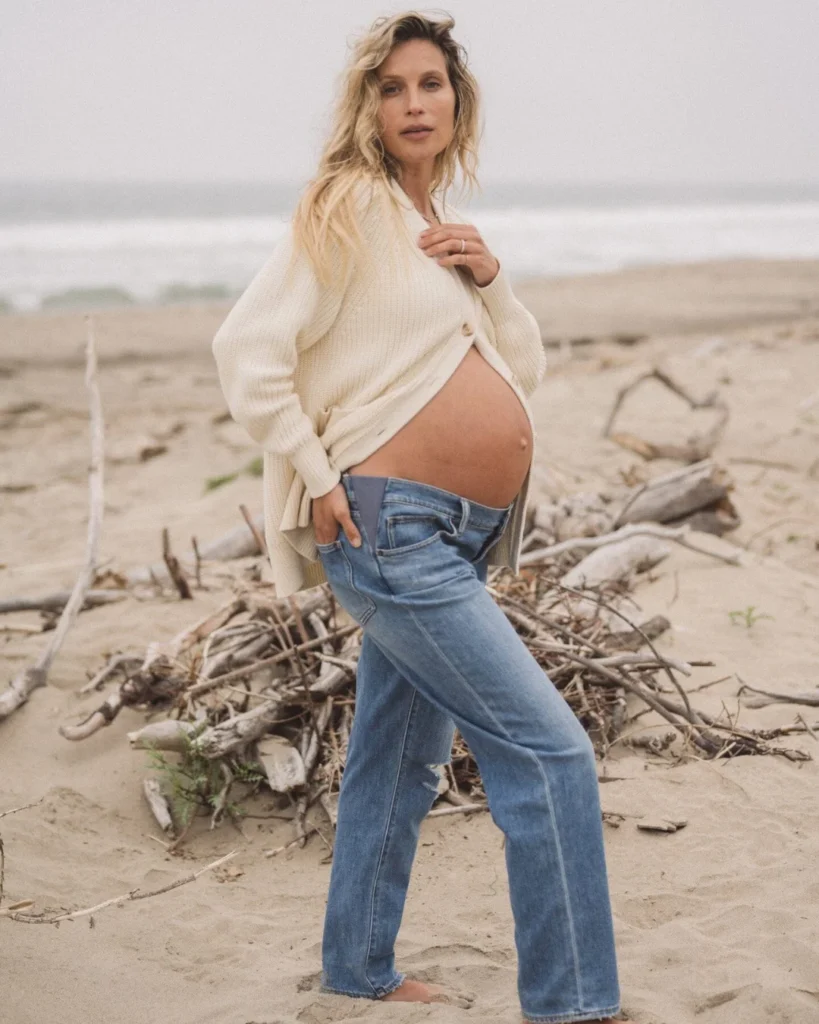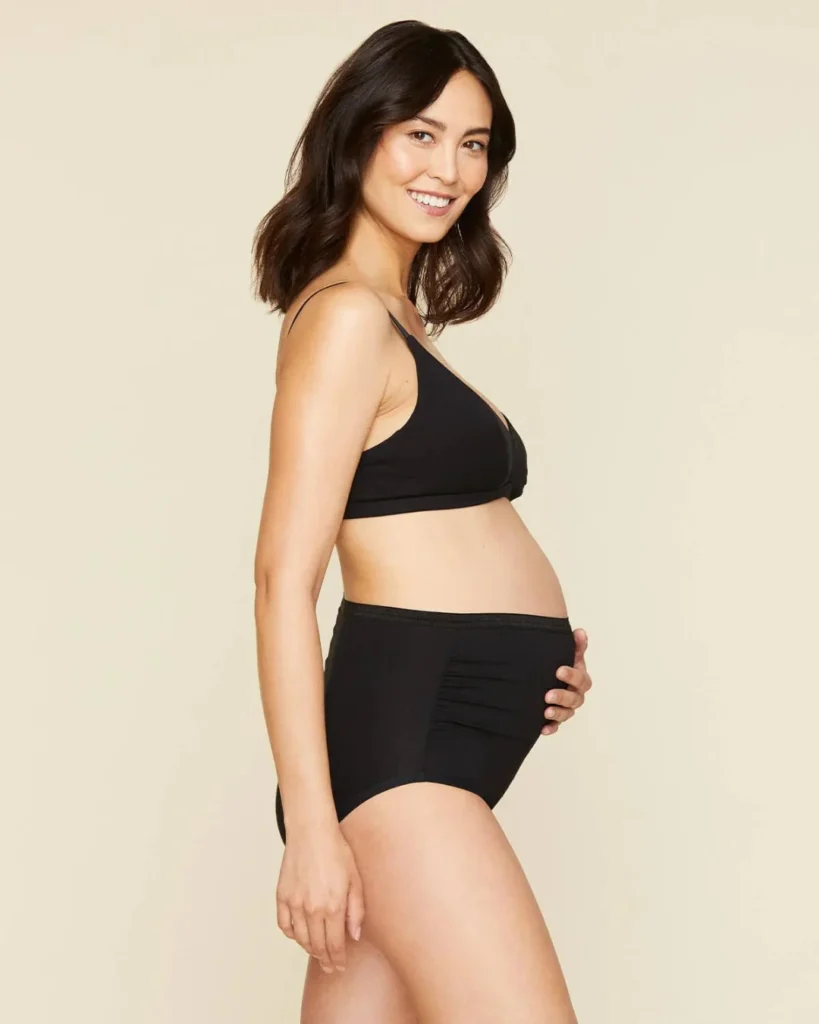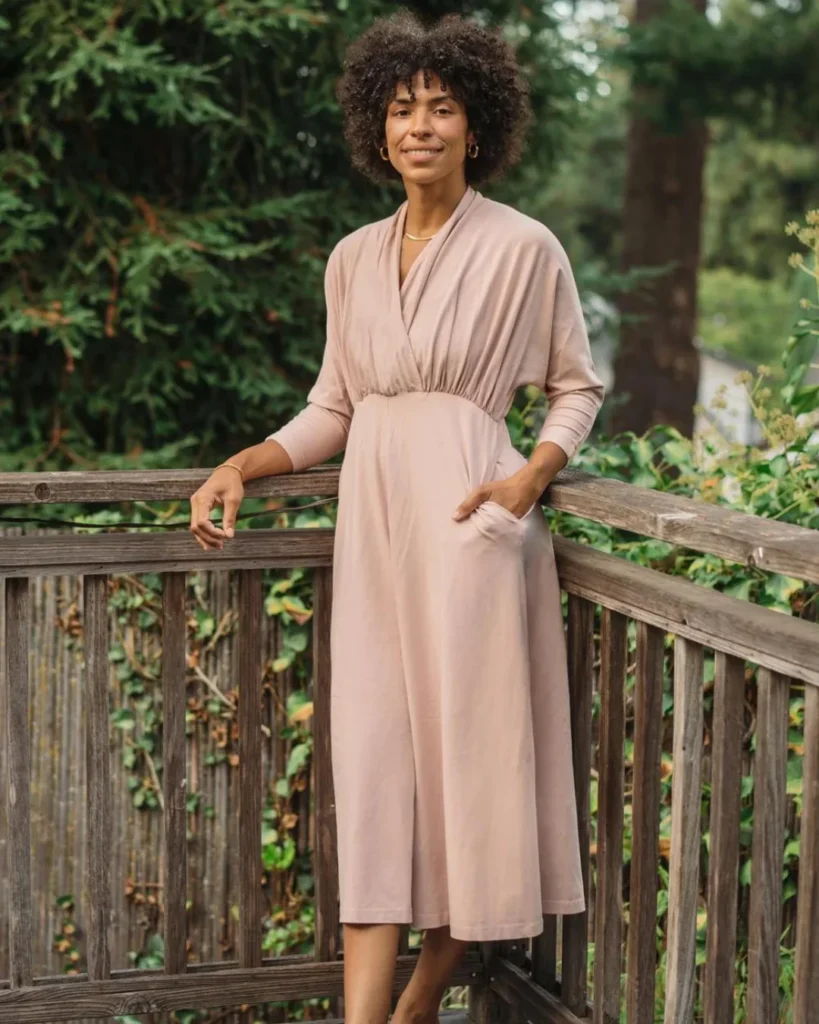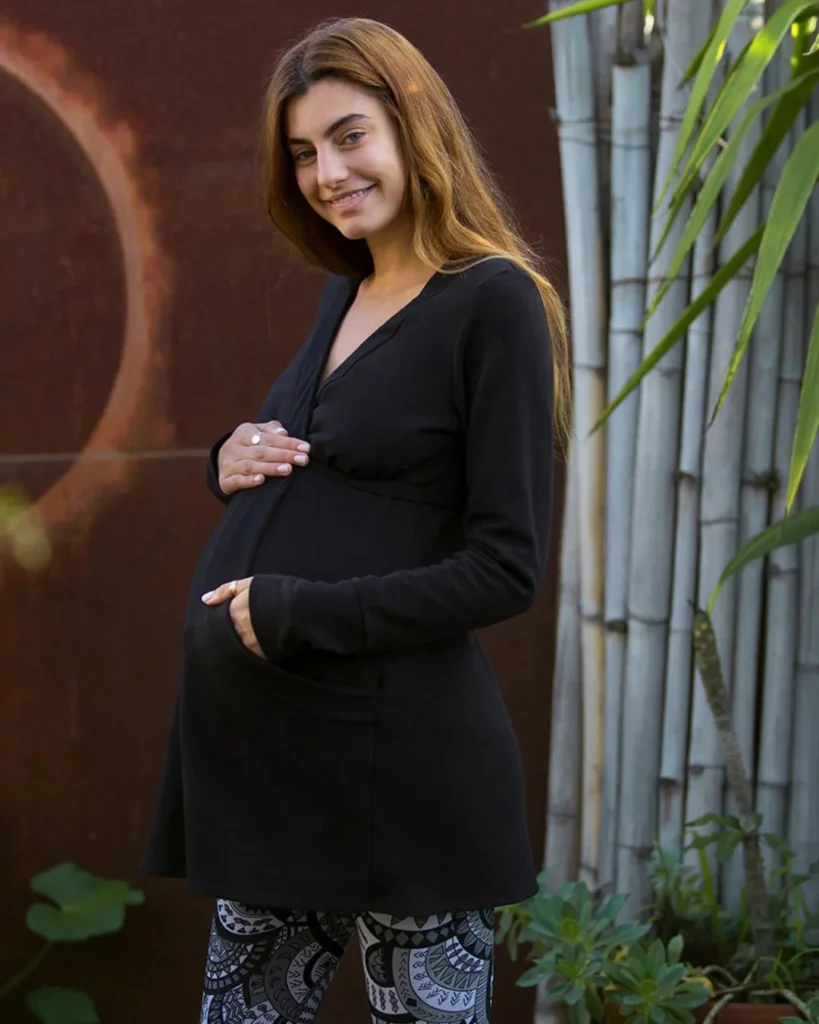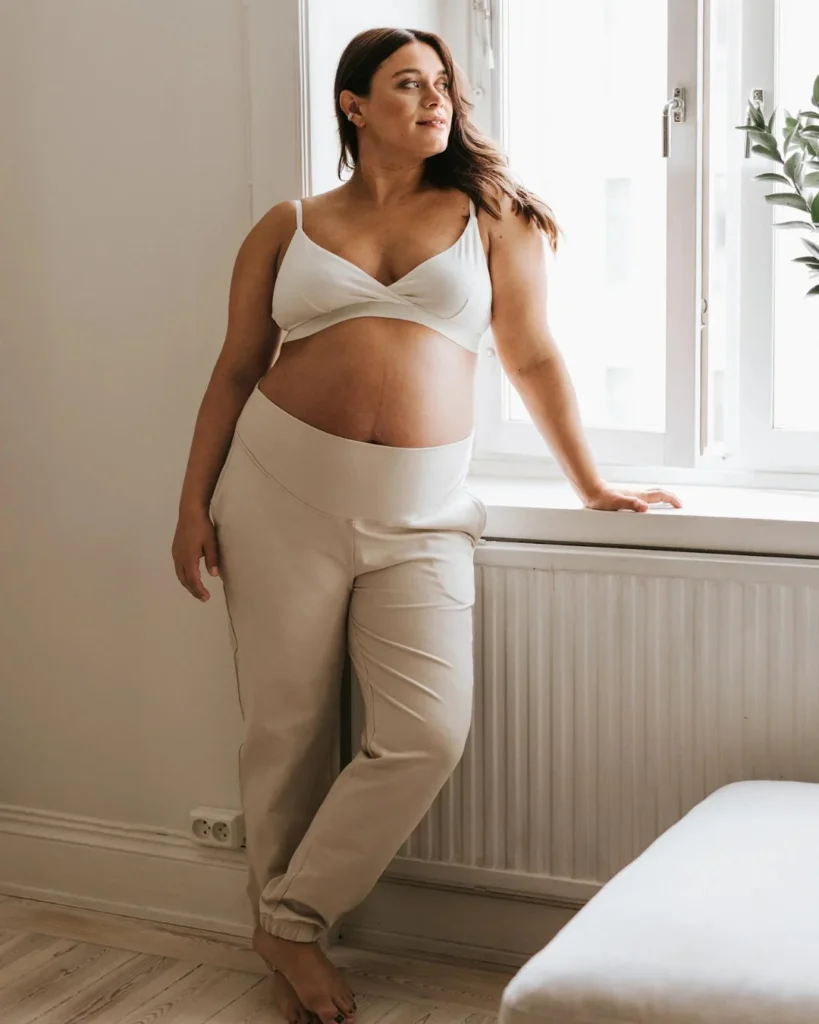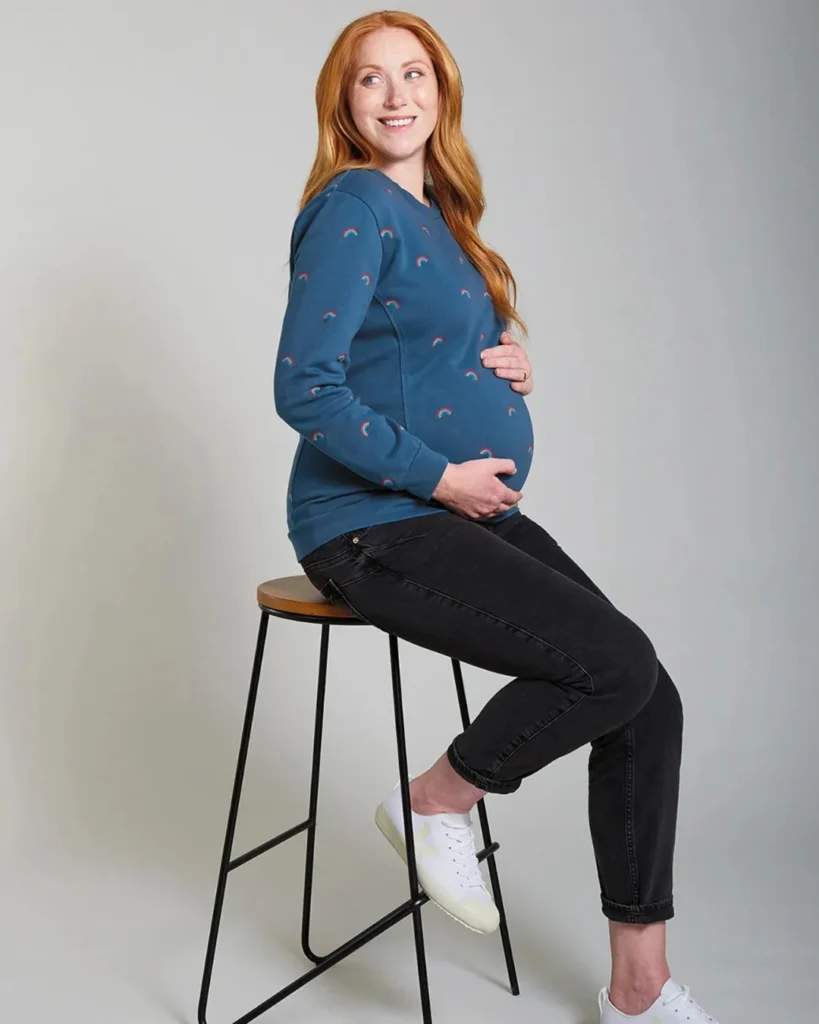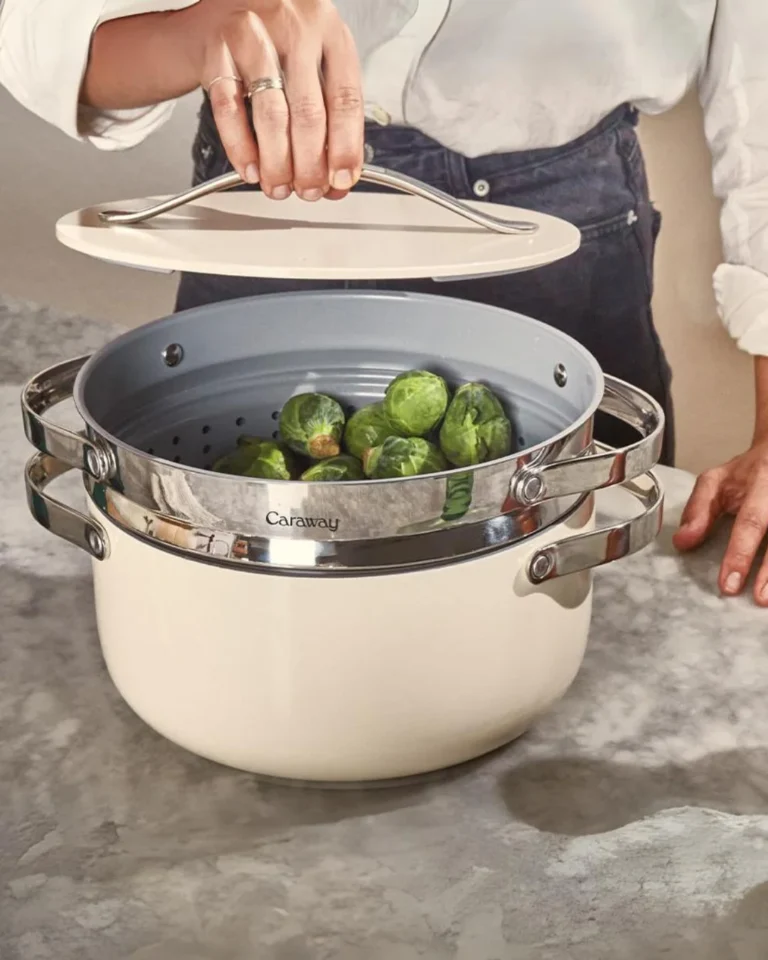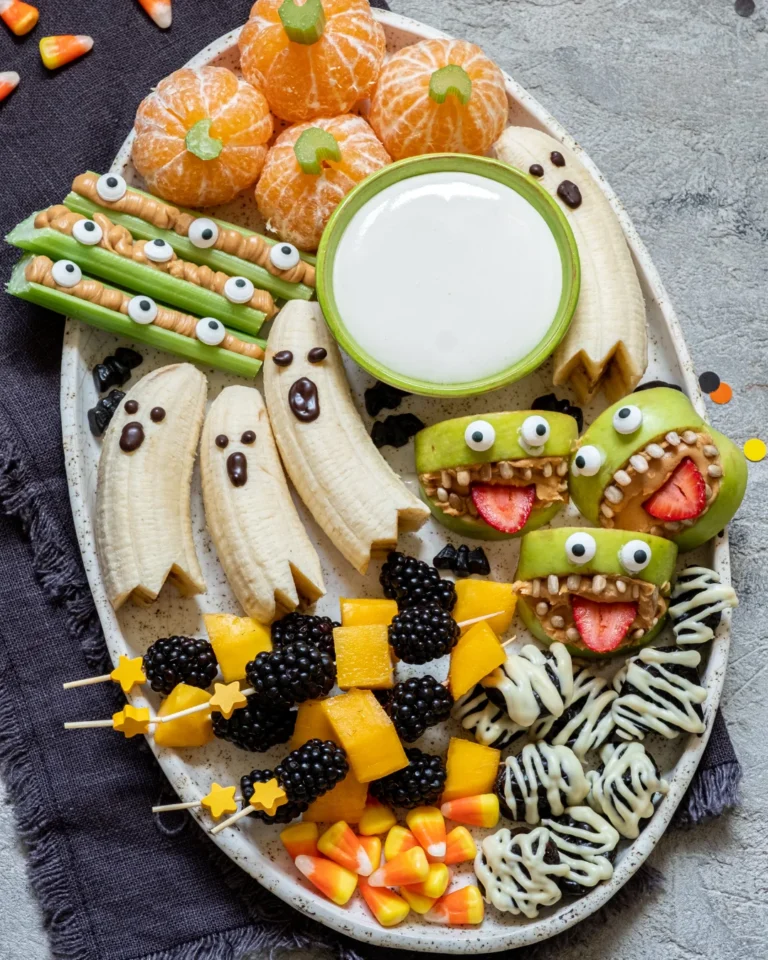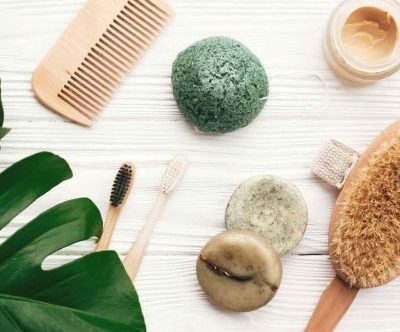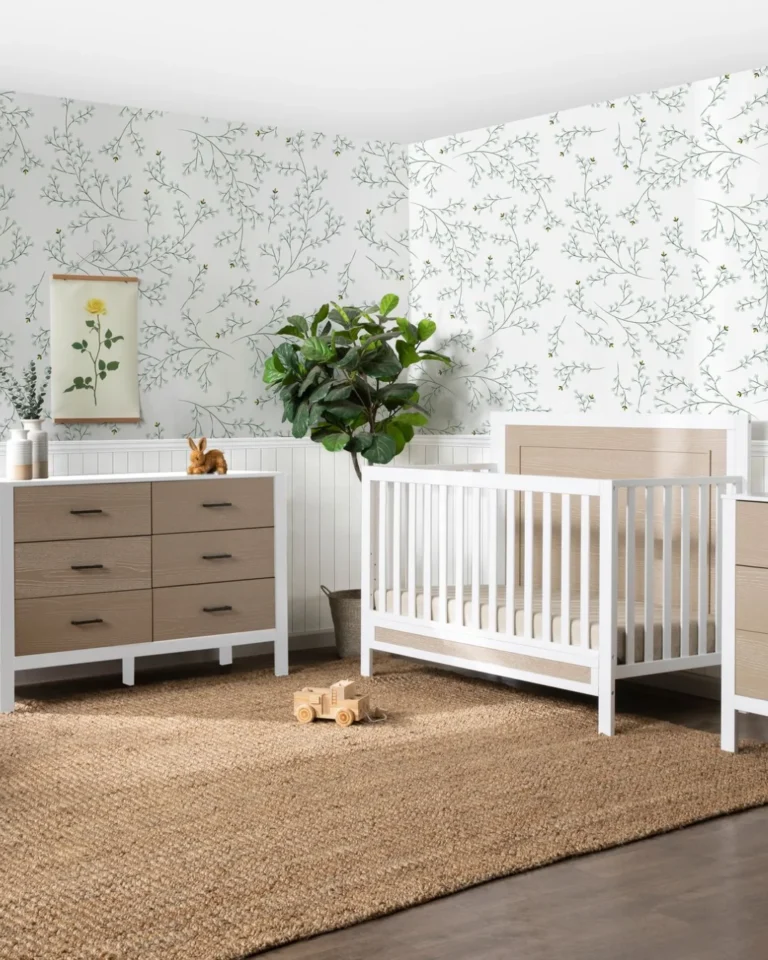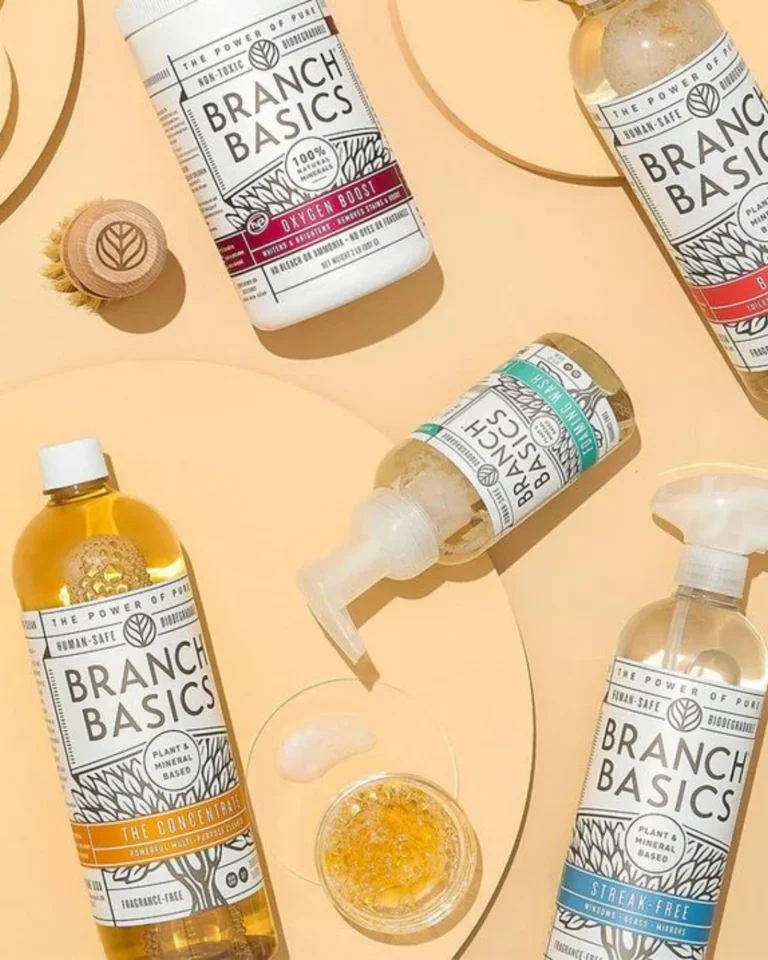SKL is reader supported. When you buy through links on our site, we may earn affiliate commission. Learn more here.
Looking for the safest, non-toxic maternity clothes for every phase of your pregnancy?
As a mom of three, I’ve learned firsthand how important it is to feel comfortable and safe in your clothes during pregnancy.
I care deeply about making sure that what I wear is not just comfortable and stylish, but also safe—because I know how much our choices can impact not just our health, but the health of our little ones too.
In this guide, we’ll discuss the chemical dangers that might be lurking in your conventional maternity clothes—think harmful treatments and synthetic materials that can do more harm than good. We’ll list the most trusted natural fabric maternity clothing options for winter and summer weather.
And, lastly, we’ll also introduce you to some fantastic, chemical-free maternity fashion brands that will keep you and your bump comfy, stylish, and toxin-free.
P.S. We have created dozens of parenting guides for every stage. Check our top picks for Wooden Baby Gyms, the Safest Non-Toxic High Chairs, the Best Reusable Baby Wipes, and the top Organic Cotton Baby Clothes.
SKL top picks, in a nutshell…
- My Favorite Non-Toxic Maternity Clothes: Kindred Braverly
- Most Affordable Organic Cotton Maternity Clothes: Pact
- Best For Chemical-Free Nursing Bras: The Very Good Bra
- Best For Maternity Jeans: Isabella Oliver
- Best For Underwear: Subset
As your body gears up for its most epic creation yet, there’s a lot to consider: baby names, nursery colors, cribs, and, of course, your ever-evolving maternity wardrobe. While the journey is full of excitement, it can also come with its fair share of stress.
Believe me, I get it—I’ve been there (three times, to be exact!). And let me tell you, no matter how many times you go through it, pregnancy doesn’t get any easier.
Each time, it’s a whole new adventure, filled with its own set of joys, challenges, and, of course, endless decisions about what’s best for you and your baby. I still find myself worrying about every little thing, especially what I put on my body.
But amidst all the decisions, one thing is clear: your growing bump deserves the best, and that means steering clear of toxic chemicals in your maternity wear.
When we are pregnant, our body works around the clock to nourish and protect that tiny life growing inside us. So, it only makes sense that you’d want to surround yourself with the healthiest, safest options possible—starting with your clothes.
To help you understand what type of non-toxic pregnancy wear works for you and your needs, we created this full guide on what to avoid in maternity clothes and the safest material alternatives for you and your little one.
Now, fair warning: While we all love the idea of going 100% natural, the reality is that a little bit of stretch goes a long way, especially during pregnancy.
That’s why most maternity clothes include a small percentage of synthetic fabrics like spandex or elastane. These materials give your clothes the flexibility to move and grow with your body, providing that extra bit of comfort and support where you need it most.
So, while the bulk of your clothing might be made from natural, non-toxic fibers, a touch of synthetic helps keep everything fitting just right as your bump grows.
Common Toxic Chemicals Found in Maternity Wear
Formaldehyde
Formaldehyde is a chemical you might recognize from high school biology class (yes, that stuff they preserved frogs in!). But did you know it’s also used in fabrics to keep them wrinkle-free?
Many conventional maternity clothes are treated with formaldehyde to maintain their shape, resist wrinkles, and even prevent mold growth during shipping. But, the reality is that formaldehyde is a known irritant and potential carcinogen.
It can cause skin irritation, especially if you have sensitive skin, which is common during pregnancy. Breathing in formaldehyde fumes can also trigger respiratory problems, like asthma or bronchitis.
And when you’re pregnant, your body is already working overtime, so adding formaldehyde into the mix isn’t doing you any favors.
Long-term exposure has even been linked to certain cancers, which is a serious risk you don’t want to take—especially when your health and your baby’s well-being are on the line.
Phthalates
Phthalates are a group of chemicals that sneak into your wardrobe, baby products, and even skincare, disguised as something useful but end up causing more harm than good.
These chemicals are primarily used to make plastics flexible, which means you’ll find them in synthetic fabrics like PVC, some nylons, and even in the prints on your favorite maternity tees.
They’re also what give stretchy fabrics like spandex their stretchiness. Unfortunately, phthalates are also notorious endocrine disruptors, meaning they can mess with your hormone levels.
And during pregnancy, when your hormones are already on a wild ride, the last thing you need is a chemical that could potentially interfere with your body’s natural processes.
Studies have linked phthalates to a range of health problems, including reproductive issues and developmental problems in babies. These chemicals can leach out of clothing and into your skin, especially when your body heat ramps up.
PFAS
PFAS, or Per- and Polyfluoroalkyl Substances are very common in clothing that’s water or stain-resistant. These chemicals are used to make fabrics resist spills, stains, and even water, which seems like a dream when you’re dealing with pregnancy cravings and accidental food spills.
But, as always, there’s a catch! PFAS are known as “forever chemicals” because they don’t break down in the environment or your body.
This means they can accumulate over time, potentially leading to a host of health issues, including hormone disruption, immune system impacts, and even cancer.
For pregnant women, exposure to PFAS is particularly concerning because these chemicals can cross the placenta and affect the developing baby.
Experts have linked PFAS exposure to low birth weight, developmental delays, and other long-term health issues in children.
AZO Dyes
AZO dyes are synthetic dyes commonly used to color textiles in every shade imaginable—from that soft pastel pink to the deep, rich navy of your favorite maternity dress. They’re popular because they’re cheap and effective, producing vivid, long-lasting colors.
What makes them so toxic? AZO dyes can break down into aromatic amines, a group of chemicals that have been linked to cancer.
These amines can be released from the fabric, especially when it’s exposed to sweat, which is something that tends to happen a lot during pregnancy!
Once released, these chemicals can be absorbed through the skin, potentially leading to skin sensitivities or even more serious health concerns over time.
Additionally, some AZO dyes have been associated with allergic reactions and skin rashes, which isn’t what you want when your skin is already more sensitive during pregnancy.
Synthetic Materials to Avoid in Maternity Clothes
Polyester
Polyester is one of the most common fabrics out there—it’s durable, affordable, and holds its shape well. This makes it a go-to material for all kinds of clothing, including maternity wear.
But polyester is a synthetic fabric made from petroleum, and to turn it into something wearable, manufacturers often treat it with a variety of chemicals. These treatments can include everything from flame retardants to water repellents, many of which are not skin-friendly.
What’s more, polyester doesn’t breathe well, meaning it can trap heat and moisture against your skin, creating a perfect storm for irritation, rashes, and even yeast infections—things you definitely don’t want to deal with when you’re already uncomfortable.
Plus, because it’s non-biodegradable, polyester is not only tough on your skin but also on the environment, contributing to pollution and waste. When you’re pregnant, your skin is more sensitive, and you’re more prone to overheating, so polyester’s drawbacks become even more pronounced.
Nylon & Acrylic
Nylon and acrylic are two other common synthetic fabrics that might be hiding in your maternity wardrobe.
Nylon is often used in activewear and undergarments because it’s stretchy, durable, and resistant to moisture. Acrylic, on the other hand, is used to mimic the feel of wool or cotton in sweaters and other soft garments. But both fabrics have a dark side.
Nylon is derived from petroleum and is treated with a variety of chemicals to improve its texture and durability. These chemicals can be harsh on your skin, leading to irritation and allergic reactions, especially when you’re sweating.
Acrylic is another plastic-based fabric that’s known for being lightweight and warm, but it’s also treated with chemicals during production that can release harmful toxins.
Multiple studies have proven that acrylic fibers can cause skin irritation, and when heated (like in the dryer or on your body), they can release acrylonitrile, a carcinogenic compound. Both nylon and acrylic are also non-biodegradable, meaning they’re not just tough on your body but also on the planet.
Spandex/Elastane
Spandex, also known as elastane, is the magical ingredient that gives your maternity leggings and stretchy tops their incredible flexibility. It’s a lifesaver as your body changes, providing that much-needed give so you can stay comfortable.
But here’s the catch: spandex is a synthetic material made from polyurethane, and to make it stretchy, it’s often combined with other chemicals, including phthalates.
These chemicals can cause skin irritation and are absorbed through the skin, potentially disrupting your hormones. Given that your body is already working overtime to balance hormones during pregnancy, adding spandex into the mix can exacerbate these issues.
Furthermore, like other synthetic fabrics, spandex is non-biodegradable, meaning it lingers in the environment long after you’re done with it.
While it might be tempting to live in those stretchy leggings for nine months straight, it’s worth considering how much spandex you really want in your wardrobe.
Safer, Natural Material Alternatives for Pregnancy Wear
Organic Cotton
Organic cotton is SKL’s favorite natural material choice—soft, reliable, and non-toxic. Unlike conventional cotton, which is often doused in pesticides and synthetic fertilizers, organic cotton is grown without these harmful chemicals.
This means you’re not just protecting your skin, but also the environment. Organic cotton is breathable, which is a lifesaver when those pregnancy hot flashes hit.
Plus, it’s gentle on sensitive skin, reducing the risk of irritation or allergies. It’s also super versatile, used in everything from comfy maternity tees to breathable underwear.
To top it all off, when you choose organic cotton, you’re also supporting sustainable farming practices that are better for the planet and for the farmers who grow it. You can learn more in our organic cotton fabric guide.
Bamboo
Bamboo is luxuriously soft, naturally antibacterial, and oh-so-gentle on your skin. This natural fabric is made from the pulp of bamboo grass, which grows quickly and doesn’t need pesticides or fertilizers to thrive.
Bamboo is also moisture-wicking, meaning it pulls sweat away from your skin, keeping you cool and dry—essential when your body feels like a furnace during pregnancy.
The fabric is hypoallergenic and ideal for sensitive skin, which can become more reactive during pregnancy. Plus, bamboo has natural antibacterial properties, so it resists odor and stays fresh longer. This bamboo fabric guide will answer all your questions.
Hemp
Hemp might not be the first fabric that comes to mind when you think of non-toxic maternity clothes, but this sturdy, eco-friendly material is worth considering.
Hemp is one of the most sustainable fabrics out there—it grows quickly, requires very little water, and doesn’t need pesticides to thrive.
It’s naturally resistant to mold and bacteria, making it a great choice for clothing that needs to stand up to the demands of pregnancy.
Hemp fabric is also incredibly durable, so it won’t wear out after a few washes (important when your wardrobe is on heavy rotation!).
Although hemp can feel a bit rougher than other fabrics at first, it softens beautifully with each wash, and its breathability helps regulate your temperature, keeping you comfortable no matter the season.
Plus, hemp’s natural fibers are gentle on sensitive skin, making it a solid, sustainable choice for your maternity wardrobe.
Linen
Linen is made from the fibers of the flax plant, so it’s one of the most breathable fabrics out there, which is a blessing when you’re feeling like a human radiator.
Because it naturally wicks away moisture and dries quickly, your non-toxic pregnancy wear will help you stay cool and comfortable even during the hottest months of pregnancy. It’s also hypoallergenic, which makes it perfect for sensitive, pregnancy-prone skin.
While linen has a bit of a reputation for wrinkling easily, those natural creases can add to its laid-back, effortless charm. Plus, linen is incredibly durable and gets softer with every wash, so those pieces will last through pregnancy and beyond.
Tencel/Lyocell
Tencel, also known as Lyocell, is created from sustainably sourced wood pulp, usually from eucalyptus trees.
The fiber is produced using a closed-loop process that recycles water and solvents, making it one of the most environmentally friendly fabrics available.
But Tencel isn’t just good for the planet – it’s also incredibly soft, breathable, and gentle on your skin. It’s naturally moisture-wicking and resistant to bacterial growth, which helps keep you fresh and comfortable all day long.
Tencel drapes beautifully and feels luxuriously smooth, making it perfect for everything from flowy maternity dresses to cozy pajamas.
The best part? Tencel is biodegradable, so when your maternity clothes finally retire, they won’t stick around for centuries like synthetic fabrics do. Check out our Tencel fabric guide for more information.
Certifications to Look For in Chemical-Free Maternity Fashion Brands
GOTS (Global Organic Textile Standard): To earn a GOTS certification, at least 70% of the fabric in non-toxic maternity clothes must be organic, and the entire production process—from farming to processing—must meet strict environmental and social criteria. We’re talking about no toxic dyes, no heavy metals, and fair labor practices.
OEKO-TEX Standard 100: This label verifies that every component of a product—down to the buttons and zippers—has been tested for harmful substances. If a chemical-free maternity fashion brand has the OEKO-TEX stamp of approval, it means the item is free from chemicals that can cause allergies, skin irritation, or worse. This is especially important during pregnancy when your skin might be more sensitive than usual.
Bluesign®: The bluesign® certification is here to guarantee that every step of the production process—from raw materials to the final product—meets strict environmental and safety standards. Bluesign® certified non-toxic pregnancy wear is free from harmful chemicals and is produced with minimal impact on the environment.
PETA-Approved Vegan: If you’re committed to a vegan lifestyle, the PETA-Approved Vegan label is your go-to certification. This badge guarantees that no animal products or by-products were used in the making of your natural fabric maternity clothing—no wool, no silk, no leather.
Best Chemical-Free Brands With Non-Toxic Maternity Clothes in 2024
When it comes to non-toxic pregnancy wear and nursing fashion, Kindred Braverly should definitely be on your radar.
This brand totally gets that you need clothes that can keep up with you, whether you’re growing a bump or nursing a little one.
Some standout pieces from their collection include the ribbed bamboo maternity & nursing long-sleeve t-shirt, which is made from a heavenly blend of 97% bamboo and 3% spandex, making it ultra-soft, breathable, and just the right amount of stretchy.
The ribbed texture adds a bit of flair, while the nursing-friendly design makes it super practical for feeding on the go.
Another favorite pick from their collection is the 2-in-1 maternity & nursing midi dress. This versatile piece features a blend of 80% viscose, and 20% nylon it’s soft, stretchy, and moves with you.
The dress features discreet nursing access, so you can stay stylish and comfortable while nursing your little one.
Price
From $24+
materials
Organic cotton, bamboo, SeaCell
location/shipping
United States
The slow-fashion brand Storq aims to outfit us with non-toxic pregnancy wear for every stage of our pregnancy and postpartum journey.
With their thoughtfully curated collection of organic and small-batch, ethical maternity fashion, Storq offers everything from everyday essentials to mix-and-match capsule pieces that make dressing that bump a breeze.
All their eco-friendly fabrics carry the STANDARD 100 by OEKO-TEX® certification, meaning you won’t find any nasty chemicals like phthalates, formaldehyde, or harmful dyes lurking in your clothing.
Most of their pieces, including loungewear, tank tops, and overalls, are made of 95% cotton and 5% spandex.
You can also find plenty of stretchy options, mostly nursing bras and recovery briefs, created with 92% modal and 8% spandex.
The synthetic percentage is very small which we absolutely appreciate.
Price
From $48+
materials
Tencel modal, organic cotton, alpaca, wool, spandex
location/shipping
United States
Granted, it’s hard to find GOTS-certified maternity clothes that are both affordable and ethically made.
But the slow fashion brand Pact made it possible! Their collection of women’s organic maternity is not as big as some other brands out there.
However, the pieces are exactly what we want – minimalist, versatile and comfortable. Pact’s tank tops are manicured with 100% organic cotton.
As for their leggings, you can expect 8% elastane for a good stretch.
Their nursing bralettes and briefs feature 95% organic cotton and a small percentage of synthetics as well.
To top it all off, Pact partners with Fair Trade Certified factories that provide safe working conditions.
Price
From $37+
materials
100% organic cotton & 92 % organic cotton with 8% elastane
location/shipping
United States
As the name probably tells, The Very Good Bra offers many chemical-free pregnancy essentials like organic cotton bras and briefs.
In fact, they were the first to create a 100% plastic-free, unbleached, and un-dyed organic cotton nursing bra!
The company equipped it with straps made of tree rubber and organic cotton.
Lastly, it is sewn with cellulose thread (made from trees) and the label is printed on the garment with safe, Oeko-Tex-certified inks.
So, it’s safe to say that this bra is as toxic-free as it can get.
Price
$63
materials
100% organic cotton
location/shipping
Australia, ships worldwide
Isabella Oliver is a sustainable and hypoallergenic maternity wear brand from the UK that specializes in ethical maternity capsule wardrobes and fabulous pre-loved essentials.
The company uses only organic and biodegradable fibers that meet the highest EU environmental standards.
Their coveted maternity jeans, for example, feature either 99% organic cotton, 1% elastane or 89% organic cotton, 9% elastomultiesters, and 2% elastane depending on the style.
If you want, you can also opt for ultra-stretchy dresses that maintain their softness for years thanks to the 95% LENZING™ ECOVERO™ viscose, and 5% elastane blend.
Last, but not least, the entire lineup is crafted in ethical factories across the UK, Portugal, Romania, and Bulgaria.
Price
From $37+
materials
EcoVero, ECONYL, greencash, lyocell, leather, wool, organic cotton
location/shipping
United Kingdom, Worldwide Shipping Available
Modern maternity clothes without harmful chemicals? Sounds great!
Sorella Organics’ nontoxic baby bump fashion is mostly made of 95% fair trade, organic cotton, and 5% elastane which makes it safe, comfortable, and functional for all hours of the day.
The collection covers all the bases with breastfeeding-friendly cami tops, cozy lounge wraps, and ultra-comfy drawstring pants that are must-haves for any hospital bag.
And they don’t stop at just using sustainable fabrics; even their buttons are thoughtfully made from naturally dyed, recycled palm tree seeds.
What’s more, all chemical-free pregnancy essentials are proudly manufactured in Australia, Fiji, and India, their collections are produced in small, carefully managed batches.
Price
From $20+
materials
95% organic cotton, 5% elastane
location/shipping
Australia, worldwide shipping is available
Looking for non-toxic maternity clothes made entirely of mostly GOTS organic cotton from Chetna organic farmers and a slight presence of spandex? Of An Origin will soon be your go-to destination.
The brand has something special for all stages. Think maternity bralettes, wrap tops, tees, joggers, jackets, and dresses.
It would be best to focus on the “Organic Cotton Wardrobe” collection because it has the highest percentage of natural fabric – in some cases 100%!
Keep in mind that some stretchy styles, like the ultra comfy maternity + postpartum pants, feature 74% Pima cotton, 23% modal, and 3% lycra.
And when the baby comes, you can come back for adorable organic kids’ clothes!
Price
From $38.95+
materials
GOTS organic cotton from Chetna organic farmers, modal, lycra, elastane
location/shipping
United States
Quince’s range of maternity clothes without harmful chemicals is ethically designed to help you build a truly versatile pregnancy capsule wardrobe.
The catalog includes loungewear, bamboo dresses & jumpsuits, bottoms, 100% European linen shirts, Mongolian cashmere sweaters, as well ultra-comfortable tops made from 95% Tencel™ and 5% spandex.
My favorite style will always be the organic cotton leggings because they are notoriously hard to find.
P.S. Keep in mind that the belly fabric is made entirely out of 78% nylon, and 22% spandex.
While there is a small percentage of synthetic materials for extra stretch, the pieces are still safe and friendly to those with sensitive skin.
Additionally Quince partners up BSCI-certified factories that closely monitor their workplace standards.
Price
From $49+
materials
100% linen, or 95% Tencel™ & 5% spandex, or 95% rayon from bamboo, 5% spandex, Mongolian cashmere, modal jersey
location/shipping
United States
HATCH is the go-to for moms-to-be who want to keep things stylish without sacrificing comfort.
The collection includes a wide range of non-toxic maternity clothes, from flowy dresses and cozy loungewear, jumpsuits, bottoms, and tops to nursing-friendly tops.
While HATCH is known for its style, it also prioritizes quality fabrics.
However, it’s worth noting that the collection features a mix of materials—about 95% organic fabrics and 5% synthetic blends.
You can also find your new favorite ethical jeans – we’d suggest the light wash as it’s made of 92% cotton and 8% elastomultiester only.
No matter your preference, Hatch’s pieces are some of the most modern options on the eco market.
Price
From $61+
materials
Organic cotton, rayon, elastane, elastomultiester
location/shipping
United States
This won’t be a hypoallergenic maternity wear roundup without Subset – the best destination for maternity underwear!
In this collection, you’ll find your next favorite maternity below-belly brief and above-belly brief to provide ample support, coverage, and stay-put security all day long.
For a complete look, you can match it with the top-rated scoop bralette. Subset uses 95% Certified organic cotton and 5% elastane for stretch while the waist is made of nylon, and elastane for extra stretch.
Additionally, when they reach the end of their lifespan, you can package up your pre-loved innerwear and send them back to Subset to be recycled.
Price
From $25.95+
materials
Organic cotton, nylon & elastane
location/shipping
United States, ships worldwide
Mien’s non-toxic maternity clothes have my heart! This sustainable fashion brand is the mecca of breezy, modern jumpsuits and pregnancy-friendly dresses made of certified organic cotton with a hint of spandex.
All pieces are maternity and nursing-friendly because they feature pull-down shoulder straps, ideal for your busiest days and those enjoyable ones too.
Take your pick from the many different silhouettes, and colors. Whatever you choose, rest assured that all pieces are knit, cut, sewn, and dyed in Los Angeles.
Price
From $118+
materials
Certified organic cotton with spandex
location/shipping
United States
Majamas the earth-friendly natural fabric maternity clothing brand for nursing bras and ultra-comfy basics.
Some of the bras are made of synthetic fabrics, so make sure to double-check the content.
Ideally, you want it to be 91% organic cotton and 9% spandex like this organic buxom bra.
Plus, while they are destined to be loved by pregnant women and nursing moms, keep in mind that the bras can be worn after surgeries or breast cancer mastectomy as well.
Price
From $42+
materials
Cotton, modal, recycled polyester
location/shipping
United States
For over 20 years, the sustainable fashion brand Boob Design has been creating stylish, chemical-free maternity clothes and baby-must haves.
The GOTS-certified lineup includes everything you need during your pregnancy and postpartum journey – from neutral-toned bras and underwear to dresses, sweaters, pajamas, and even swimwear.
Because Bood Design often uses recycled polyester, make sure to focus on the “Merino Wool for Mamas” collection of organic and GOTS-certified pieces.
It does include 5% elastane but 95% of it is made entirely from organic wool (mulesing-free).
Another favorite choice is the Mom Essentials! The maternity and nursing bras are created with 92% organic cotton and 8% elastane.
To top it all off, all organic or regenerated materials are sourced from Portugal, Turkey, Italy, Greece, India, and Morocco.
Price
From $55+
materials
Organic cotton, LENZING ECOVERO, Lyocell, modal, merino wool, GRS-certified recycled polyester, Q-nova
location/shipping
Sweden, Worldwide Shipping Available
Frugi UK might be known for its cutesy organic baby clothes, but the ethical brand also offers eco-conscious maternity styles for mamas as well.
Their maternity dress is made from 95% organic cotton jersey and 5% stretchy elastane and features fab crouching on the sides that are great for a growing bump.
If you love wearing jeans as much as I do, you’ll fall in love with the 100% organic cotton denim chambray trousers. They are perfect for styling with our maternity tops and jumpers.
Lastly, for casual outings, this pair of roll-top maternity leggings with 95% organic cotton jersey and 5% elastane are the best possible investment.
Price
From $25+
materials
Organic cotton, elastane
location/shipping
United Kingdom, ships worldwide
When should I start wearing non-toxic maternity clothes?
You can start wearing non-toxic maternity clothes whenever you feel ready, typically around the second trimester when your body begins to show more changes.
It’s never too early to switch to safer, more comfortable options if you’re concerned about the chemicals in your current wardrobe.
What are the essential pieces of pregnancy wear?
- Maternity leggings or pants: For comfort and flexibility.
- Maternity tops and dresses: With room to grow.
- Comfortable bras: Including maternity or nursing bras as needed.
- Supportive underwear: For added comfort.
- A maternity coat or jacket: For colder weather.
How long will I need maternity clothes after giving birth?
You might need maternity clothes for a few weeks to a few months after giving birth, depending on how quickly your body returns to its pre-pregnancy shape.
Some items, like nursing bras and supportive wear, may be useful throughout the postpartum period.
This was your full guide to the best non-toxic maternity clothes!
So, there you have it – our complete list of non-toxic maternity clothes and chemical-free pregnancy essentials.
These pieces are made from natural materials like organic cotton, bamboo, or linen which are super soft and breathable—perfect for your changing body.
Plus, they’re free from harsh chemicals and toxins (for the most part), so you can avoid irritating your sensitive skin.
Unfortunately, a small percentage of synthetic materials, like spandex or elastane, are necessary in most maternity clothes.
These synthetics give your clothes the flexibility to adapt to your changing shape so you stay comfortable and supported as your body grows.
 Enter To Win An Organic Luxury Mattress From PlushBeds!
Enter To Win An Organic Luxury Mattress From PlushBeds! 